Two of our PhD students have recently been awarded grants for archaeological experiments and analysis related to their PhD topics!
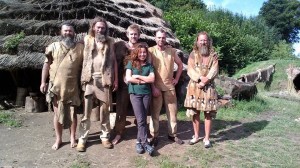
Alice La Porta
Alice La Porta, one of our AHRC SWW DTP PhD students under the supervision of Linda Hurcombe and Rob Hosfield (University of Reading), has been awarded two grants. The first grant will fund Alice’s experiments into the uses of Middle Palaeolithic (i.e. Neanderthal) stone tools, with an emphasis on their performance and subsequent use-traces, for which Alice will be spending time at open-air museums in Germany, Denmark and Finland. The second grant will enable Alice to make a study visit to the Institut Català de Paleoecologia Humana i Evolució Social in Tarragona, to examine a Middle Palaeolithic archaeological collection, with a particular emphasis on use-wear analysis.
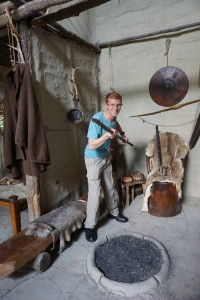
Matthew Knight
Matthew Knight, another of our AHRC SWW DTP PhD students, supervised by Linda Hurcombe and Joanna Brück (University of Bristol), has also been awarded a grant for experimental activities. Matt will be conducting experiments with a variety of Bronze Age metal objects that have never been undertaken before. He will be utilising replica daggers, swords, socketed axes and barbed spearheads in a variety of use experiments, before subjecting them to a series of destructive practices to reproduce criteria and conditions seen on prehistoric artefacts. These experiments will result in the first ever reference collection for studying destruction of Bronze Age metalwork.
Very well done to both Alice and Matt; we can’t wait to see the results of your experiments!
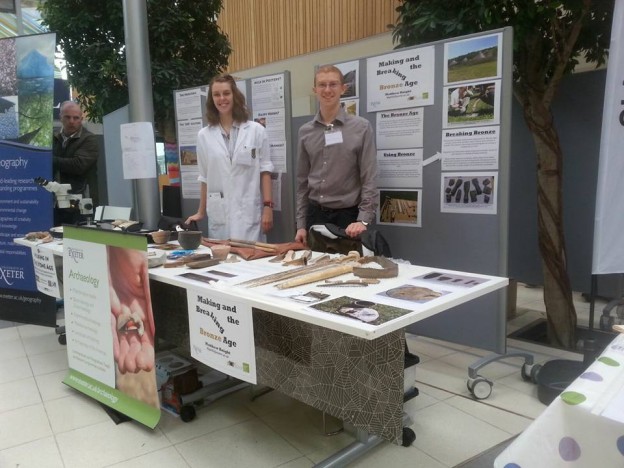

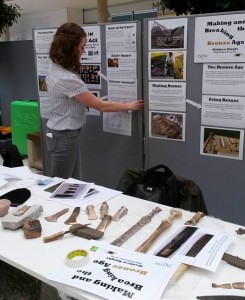
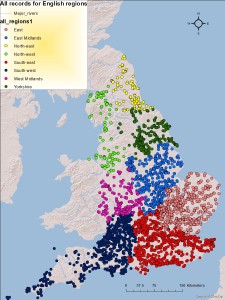


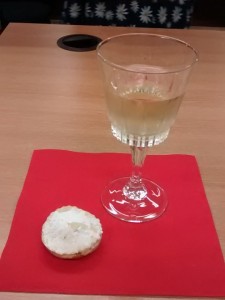
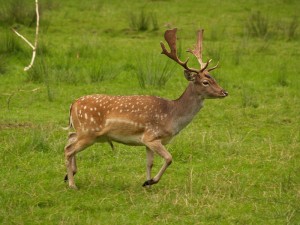
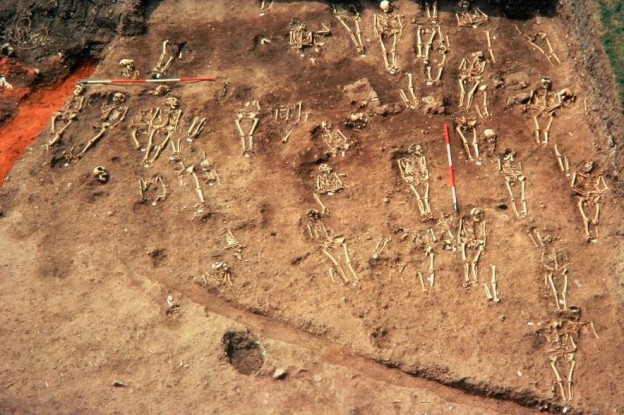
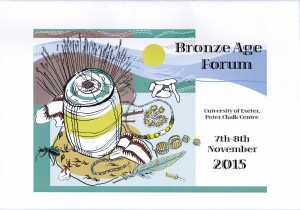
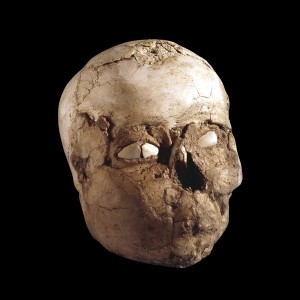
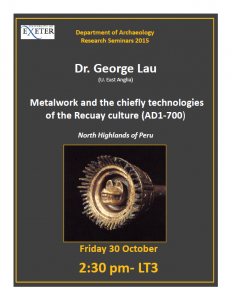 Our visiting speaker last Friday was Dr. George Lau of the University of East Anglia. He delivered an artefact rich presentation entitled “Metalwork and the Chiefly Technologies of the Recuay Culture (AD1-700), North Highlands of Peru”.
Our visiting speaker last Friday was Dr. George Lau of the University of East Anglia. He delivered an artefact rich presentation entitled “Metalwork and the Chiefly Technologies of the Recuay Culture (AD1-700), North Highlands of Peru”.